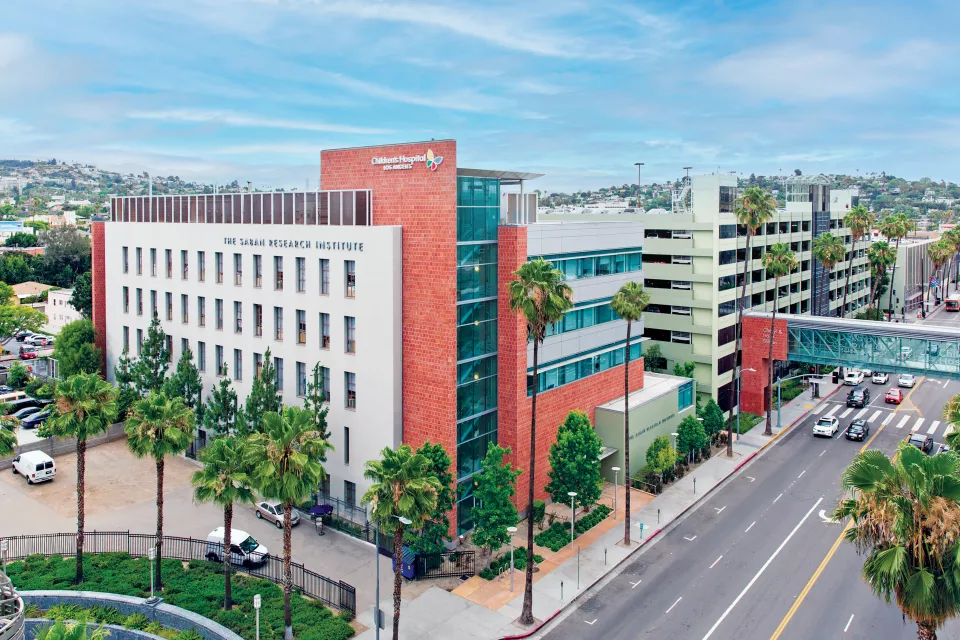Research Topics
- Brain development in children and adolescence
- Attention Deficit Hyperactivity Disorder (ADHD) in children
- Dyslexia
- Fetal Alcohol Syndrome
- Obsessive Compulsive Disorder (OCD)
- Tourette Syndrome
- Neuroimaging and neurocognitive development
Overview
Elizabeth Sowell, PhD, and her team have been dedicated to understanding how the brain changes in structure and function both in typically developing children and adolescent populations, and in populations with neurodevelopmental disorders such as fetal alcohol syndrome and autism spectrum disorders. The ultimate goal of this research is to determine how changes in the brain relate to changes in behavior and cognitive function, and to identify opportunities for educational, behavioral and pharmacologic intervention to alter abnormal patterns of brain development.
Research Goals
- Determine what happens to brain development when the environment changes.
- Discover if it is possible to promote more productive neurological connections.
- Determine the possibility to rewire the brain.
Key Findings
Currently, there is a tremendous focus on the "First 5" federal programs that attempt to address neurodevelopmental and cognitive deficits during the first five years of a child’s life. The common wisdom is that after age 5, the window of opportunity is lost. But it is now known that neural plasticity continues a lot longer than had been previously thought.
We know that the brain changes dynamically during development. Once it stops growing, tremendous changes continue to take place at the cellular level. What drives this growth isn’t just genetics but also context: the environment where the child is living and growing.
- Using conventional magnetic resonance imaging (MRI) to visualize specific areas of the brain that is activated in children with neurological differences.
Current Funding
- The National Institute of Health (NIH)
- Adolescent Brain Cognitive Development (ABCD) Study - The National Institutes of Health has launched a landmark study about the developing brain called the Adolescent Brain Cognitive Development (ABCD) study. The ABCD study is a national longitudinal study that will recruit 10,000 youths and follow them over 10 years into early adulthood. The study seeks to address questions related to this critical developmental period including possible links to the risk for mental illness, the impact on physical health, psychological development, learning and memory and other behaviors. To learn more about the ABCD study, visit abcdstudy.org.
- The Saban Research Institute


